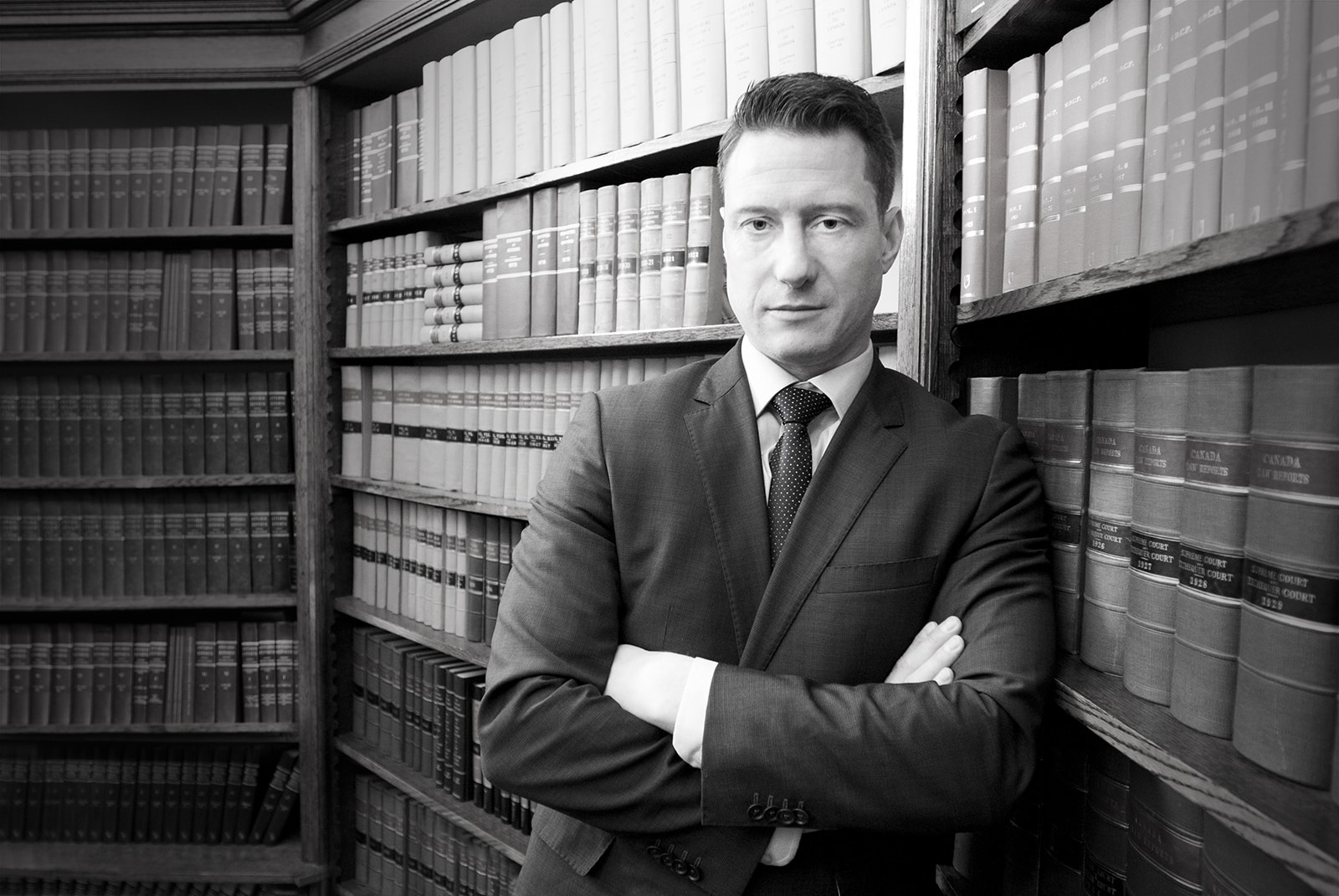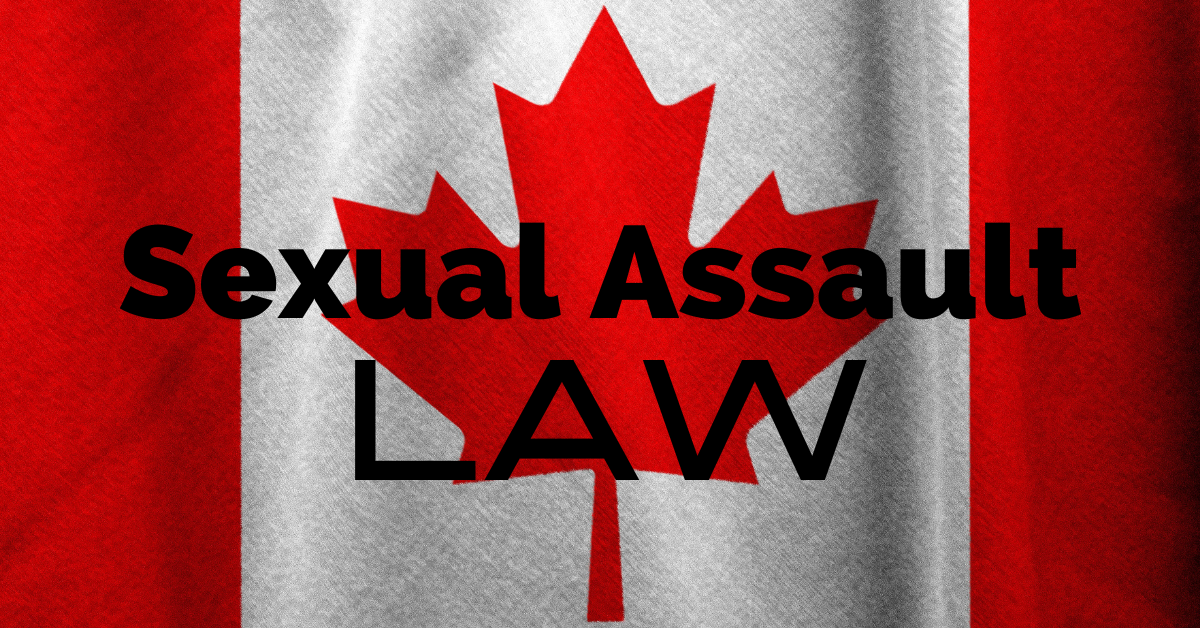
The law regarding sexual assault in Canada is complicated, at times confusing and constantly evolving. In fact, many of our clients are surprised, sometimes shocked, to learn after they have been charged that their understanding of what constitutes a sexual assault is not in line with the law.
Below are some of the realities about sexual assault cases that often come as a surprise to our clients (and others). For purposes of this article, we have used the term “interaction” to define the alleged sexual assault. We have used the term “complainant” to define a person who has alleged that they were sexually assaulted. We have used generic pronouns despite the fact that the overwhelming majority of sexual assault allegations between adults are made by female complainants against male accused.
The Truth About Sexual Assault Law in Canada
- A person does not need to use any violence, force, pressure or coercion in order to commit a sexual assault.

- The complainant must consent to every aspect of the interaction throughout the entire interaction.
- The complainant may withdraw their consent at any time prior to or during the interaction. In other words, text messages or other indications that the complainant consented to a particular interaction in advance may no longer be relevant if the complainant withdrew their consent.
- There is no such thing as “implied consent”. The complainant does not need to say “no” or resist in any way in order for an interaction to be a sexual assault.
- A court will look to the words and actions of the complainant in determining whether they consented to the interaction.

- The complainant’s clothing or flirtatious words or actions are generally irrelevant considerations when determining whether the complainant consented to the interaction.
- The complainant is deemed not to have consented if they are unconscious (including asleep) or they are incapable of consenting. Where the complainant has consumed drugs or alcohol, (a) a complainant may reach the point of intoxication where they are incapable of consenting – despite demonstrating actions or words that indicate consent, or (b) an interaction that commenced with the complainant’s consent ceases to be consensual if the complaint becomes unconscious or incapable of consenting during the interaction.
- The complainant’s behaviour after the interaction may appear to indicate that the complainant was not sexually assaulted. However, the complainant’s post-interaction behaviour is not relevant evidence insofar as it is relied on to contradict generalised stereotypes of how a person who has been sexually assaulted is expected to behave. In other words, it is impermissible to argue, “If the complainant really was sexually assaulted, they would not have behaved in the manner they did after the interaction”.

- A court order is often required before an accused person can use text messages received from the complainant to contradict the complainant’s version of events, and the complainant is permitted to review copies of the text messages with their court-appointed lawyer before they can be used at trial.
- The previous sexual history of the complainant, whether with the accused or otherwise, is generally not relevant or admissible evidence at trial. For example, absent a relevant and compelling purpose, the following would generally not be admissible facts to introduce at trial: (a) the complainant is a sex worker, (b) the accused and the complainant have been in a longstanding sexual relationship, or (c) the accused and the complainant have had consensual sexual relations in the past (or even after the incident).

- The fact that the complainant may have made allegations of sexual assault against one or more persons in the past is not relevant or admissible evidence at trial unless it can be proved that the complainant made the allegations knowing that they were false.
- The fact that an accused person honestly, but mistakenly, believed that the complainant consented to the interaction may be a defence to a charge of sexual assault; however, that defence is only available if, among other things, the person took reasonable steps in the circumstances to determine that the complainant was consenting and there is evidence that the complainant’s consent was expressed by words or actively expressed by conduct.
What to do if you have been accused of sexual assault in Canada
If you have been accused of committing a sexual assault, it is imperative that you retain a criminal defence lawyer that has successful trial experience and up-to-date knowledge about the evolving sexual assault law.
Rules of evidence that apply in other legal contexts do not apply in the context of sexual assault proceedings. Your lawyer must be aware of these unique, and developing, rules of evidence. Failure to properly structure your defence or file documentation on time, may preclude you from advancing an otherwise legitimate defence. For that and other reasons, many criminal lawyers do not accept cases involving sexual assault.
What are the consequences for a sexual assault conviction in Canada?
The stakes are high: a sexual assault conviction generally attracts a jail sentence, for terms that are often higher than clients expect in their circumstances. In addition, a person convicted of sexual assault is automatically subjected to the Sex Offender Information Registration Act (“SOIRA”) for at least ten years as well as other mandatory court orders.
At Hogan Law, we have extensive experience in defending accused persons against sexual assault charges. Based in Mississauga, we have successfully defended accused persons in the Greater Toronto Area and throughout the Province of Ontario. We will travel anywhere to fight for justice.
Choose Hogan Law  Criminal Lawyers in Mississauga to Represent You
Criminal Lawyers in Mississauga to Represent You
At Hogan Law Firm, we act for clients throughout Ontario. We have represented clients at all levels of court and at most courthouses in Ontario. We are driven by our passion for justice. For fairness. For liberty. We look for injustices committed by the government and fight to fix them. We relish the opportunity to take our cases to trial where it is in our clients’ interests to do so.
If you have been charged with a criminal offence anywhere in Ontario and would like to have a free consultation with one of our lawyers over Zoom, Skype, FaceTime or phone or in person, contact us today! Call (416) 200-7005 (24/7) for a free consultation.
Share this Page
About Mark Hogan – Criminal Lawyer in Mississauga, Ontario

Mark Hogan defends criminal charges such as Assaults, Domestic Assault, Assault with a Weapon, Aggravated Assault, Sexual Assault, Uttering Threats, Forcible Confinement, Criminal Harassment, Bail Hearings, Drug Production, Drug Possession, Drug Trafficking, Fraud, Impaired Driving, Over 80, Refuse to Provide a Breath Sample, Theft, Robbery, and Breaking and Entering in Southern Ontario including Toronto GTA, Mississauga, Hamilton, Burlington, Milton, Brampton, Newmarket, Ajax, Pickering and Oshawa.
If you have been charged with a criminal offence, call Mark Hogan Criminal Defence Lawyer today for a FREE CONSULTATION! Call (416) 200-7005 (24/7).

